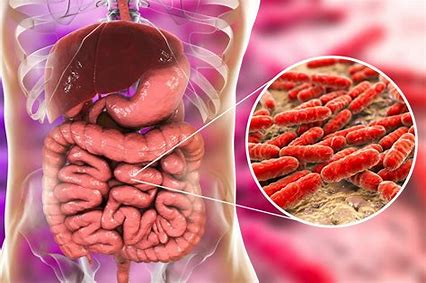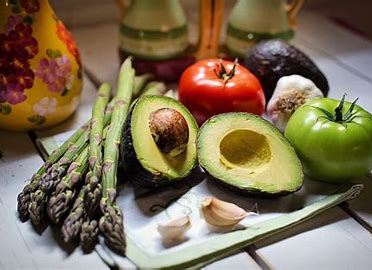Fascination with our gut microbiota – the millions of
microbes that live in our intestines – has exploded in the last few years. How
can you keep your gut’s residents as healthy and happy as possible?

There are many claims made about gut health. We are told
that having the right gut bugs will make us slim, boost our immune system, even
cure depression. But for all the health claims you may read, there is still a
lot to discover about what gut bugs can and cannot do.
How to care for your gut’s microbes
Even though our internal world is still largely a mystery,
we do have a good idea of how to keep the gut microbiome as diverse and healthy
as possible. One way is through the foods we eat, and those we avoid.
The most important step is to eat a plant-rich, whole food
diet, says nutrition scientist and gut health expert Dr Joanna McMillan. This
includes fruit, vegetables, wholegrains, nuts, seeds and the oils made from
them.
At the same time, limit or avoid ultra-processed foods.
These are foods made from ingredients that are already heavily processed so
that the resulting food product is far removed from the original plant or
animal food.
Why the focus on plant foods?
There are two groups of plant compounds that are key for gut
health and fuelling your microbiome, says Dr McMillan – fibre and polyphenols.

All the different types of fibre are carbohydrates that our
digestive enzymes can’t break down, so they arrive intact to the large
intestine (colon). Many of these types of fibre are fermented by the gut
microbiome, explains Dr McMillan.
The gut microbiome works hard to support us, too. It
produces substances that help prevent the growth of harmful bacteria, reduce
inflammation in the gut and the rest of the body, provide fuel for the cells
lining the gut to keep them healthy, and support the immune system.
The best sources of fibre? All plant foods, but particularly
legumes and wholegrains.
Polyphenols are compounds found widely in plant foods, says
Dr McMillan, and like fibre, they also promote a healthy, diverse microbiome.
“Your friendly gut bugs convert these polyphenols into more
bioactive compounds with diverse health benefits throughout the body,” she
explains.
Recent research has shown polyphenols have prebiotic
effects, promoting the growth of beneficial bacteria in the gut. They are also
anti-inflammatory and prevent the growth of potentially harmful bacteria.
The best sources of polyphenols?
Extra virgin olive oil has more than 30 polyphenols, says Dr
McMillan. Other good sources of polyphenols are colourful fruits and
vegetables, and nuts and seeds.
Do you always but the same fruit and vegetable?
Sticking to the same fruit and vegetables every day is
likely to decrease the range of your gut microbiota.
“If you want to increase gut microbe diversity, you should
try and have 30 different plant-based foods a week,” says dietitian and gut
health expert Dr Megan Rossi.
Sounds impossible? Gradually introduce foods you may not
normally eat, such as barley, quinoa, chickpeas, eggplant, Brazil nuts, pumpkin
and chia seeds, asparagus, and kale. For example, you can base a salad on
barley, add some nuts and seeds, three types of vegetables, a little dried
fruit, and a dressing based on olive oil. That will give you up to eight
different plant foods.